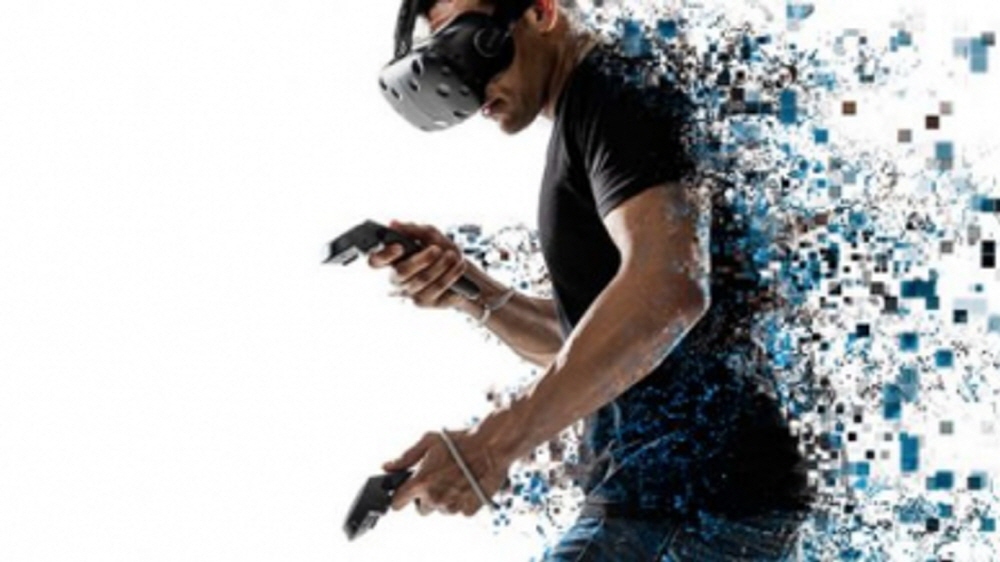
Virtual Reality technology is expected to be used not only in entertainment but also in the medical field. Past studies have suggested that it will also be helpful in training to overcome incompetence and phobia of the lower body. What is the prospect of psychotherapy through such virtual reality technology?
Attempts to treat depression using virtual reality technology have been around for a long time. In 1997, a research team at Georgia Tech conducted a VR treatment program called Virtual Vietnam Therapy for veterans suffering from PTSD.
The program has been recognized since then, and all 10 PTSD patients who were veterans who recreated the Vietnam War in virtual reality showed an improvement trend. Similarly, as a result of conducting virtual reality treatment for 9/11 terrorist survivors, a study found that depression symptoms were reduced by 83% and PTSD symptoms by 90%. In a recent case, there are reports that virtual reality therapy through virtual Iraq saved 2,000 soldiers suffering from PTSD due to the Iraq war.
In psychiatry using virtual reality, exposure therapy is taken. Exposure therapy is a type of behavioral therapy in which the patient faces a fearful target, and is used not only for PTSD, but also for treating anxiety disorders and certain phobias. For example, a general exposure regimen in which a person with acrophobia goes to a tall building under the guidance of a doctor allows the patient to face a subject of fear and suffering under management that is sufficiently secured. For exposure therapy using virtual reality, only VR devices are used in a safe room, so exposure therapy can be safely performed at a much lower cost than treatment in a real space.
There is also the advantage of virtual hyunsing. One expert explained that as part of the study, a patient with acrophobia was asked to jump on a cliff in a virtual space.
VR exposure therapy is known to be particularly effective in PTSD patients with depression. Medical virtual reality experts said that patients with depression may have fewer opportunities to come into contact with traumatic experiences. Say it is done.
These days, it is common to experience a virtual space with sight or hearing through a virtual reality headset, but in the future, technologies that reproduce the sense of smell and touch will emerge. In this case, it is expected that more effective exposure therapy can be performed. Virtual reality technology is expected to be effective not only in treatment but also in examination and diagnosis. The use of virtual reality is helpful in diagnosing developmental disorders such as ADHD or autism, or schizophrenia, as you can obtain objective feedback while experiencing the same in all fields. In addition, a research team at the University of Cambridge and the University of London succeeded in finding Alzheimer’s disease with higher precision than conventional tests through Alzheimer’s testing using virtual reality. This is based on the fact that Alzheimer’s causes not only memory impairment but also spatiotemporal cognitive impairment. While the existing written test was about 79%, the movement test conducted in a 3D space reproduced with virtual reality was able to identify patients with early stage Alzheimer’s with 93% accuracy.
Ways to combine virtual reality and AI are also being explored. In an experiment conducted by a research team at Oxford University, all 49 subjects who received an acrophobia treatment program by a virtual therapist answered that the symptoms resolved by an average of 68% of the diagnosis explanation. Since AI can also be delivered to virtual reality devices and smartphone apps, it is much cheaper than actual psychiatric treatment, and has the advantage of lower barriers to patients.
However, there is also an opinion that self-therapy using AI carries risks. One expert points out that a psychiatrist can stop testing by looking at the patient, but AI cannot. Nevertheless, there are many opinions that sooner or later, virtual reality and AI will spread in the field of psychology, leading to further evolution of mental disorder treatment. Related information can be found here .


